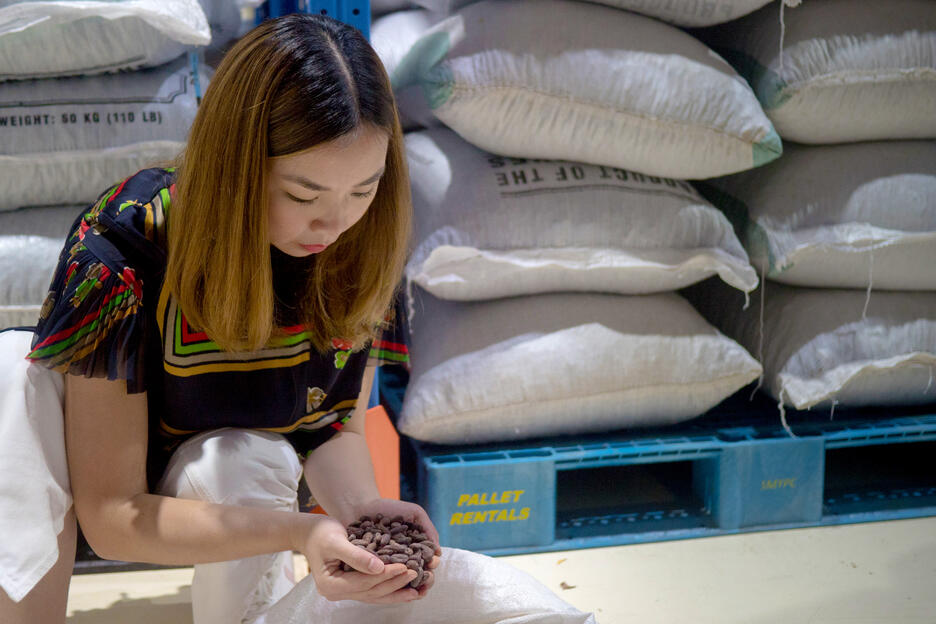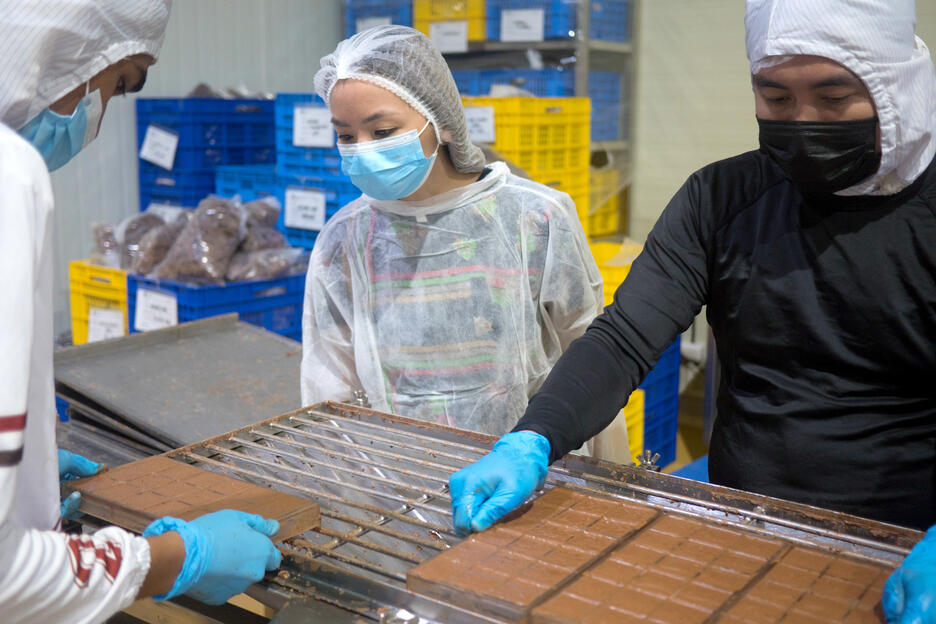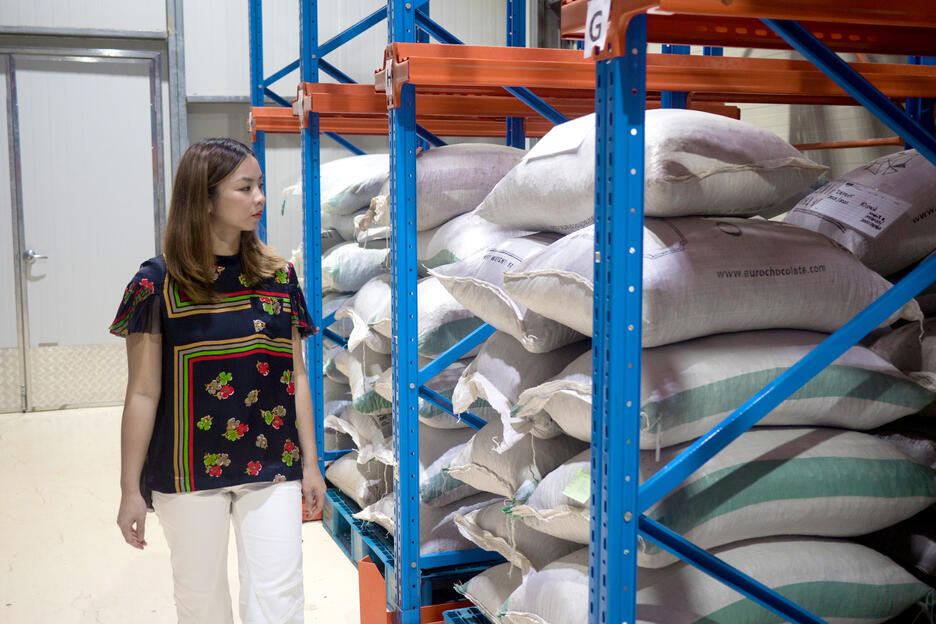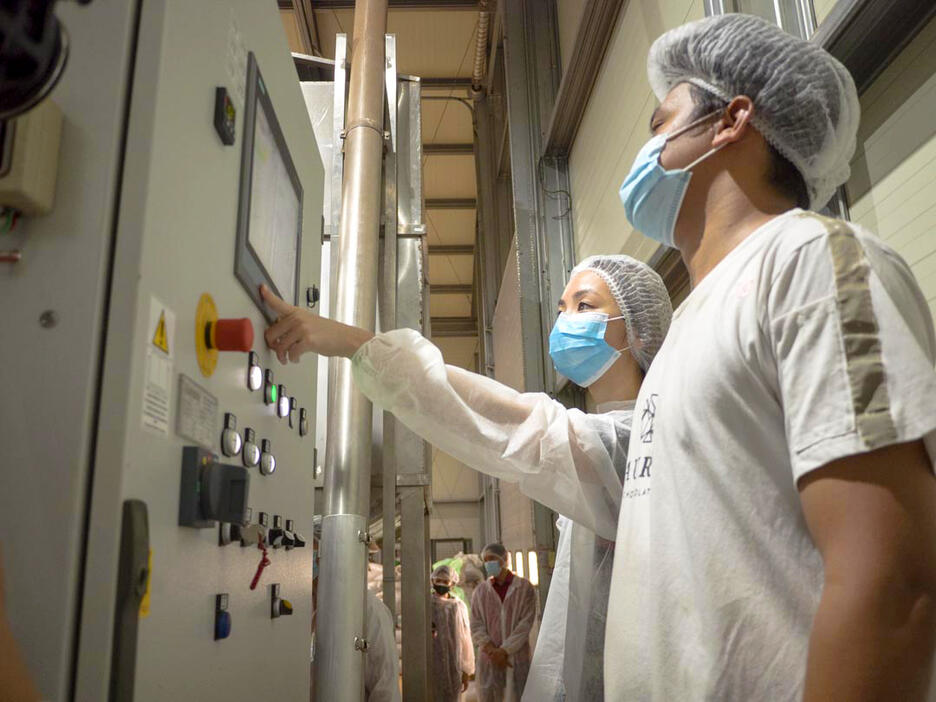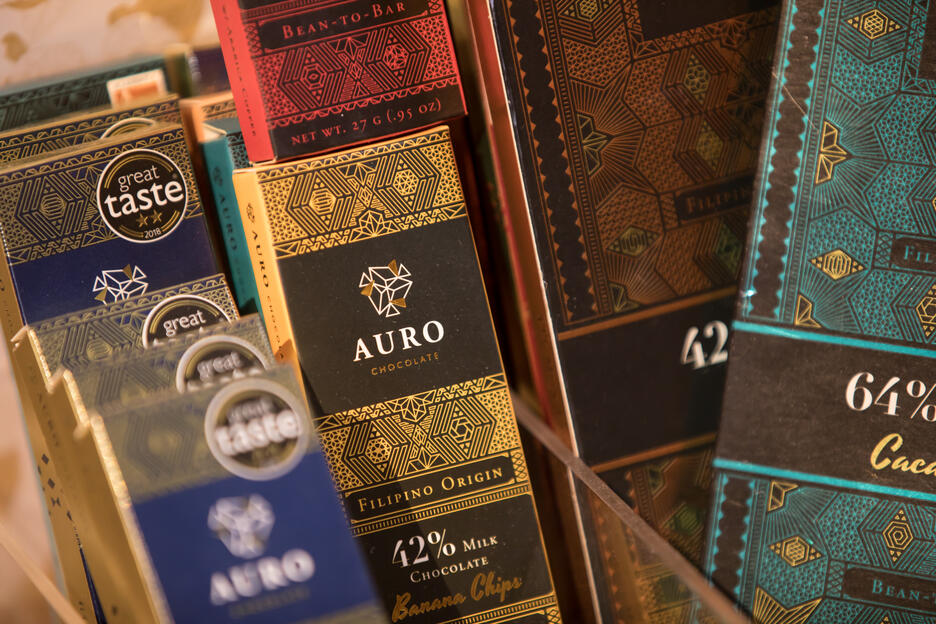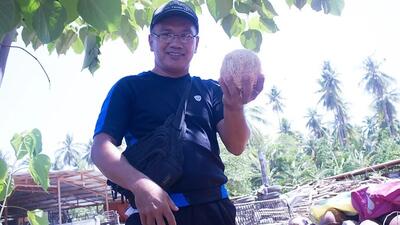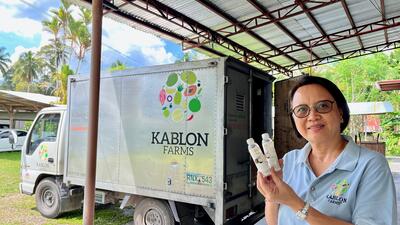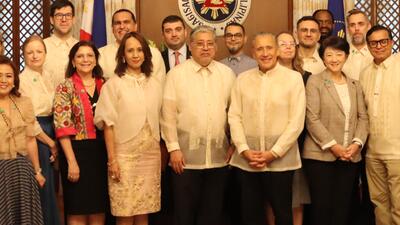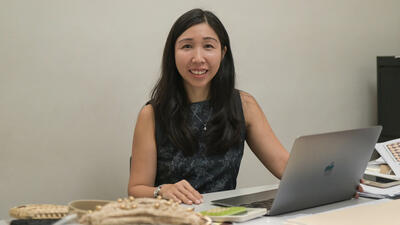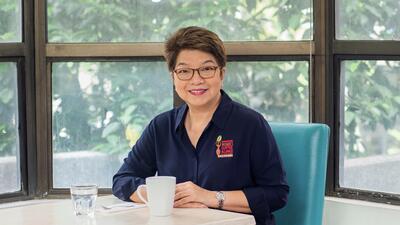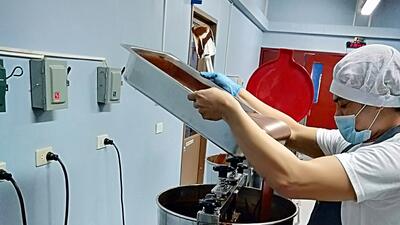
Bean There, Done That: Exporting to the European Union
A tree-to-bar chocolate brand from the Philippines gives back to community while achieving success in European markets.
It was in 2013, while finishing her university degree in Chicago, that Kelly Go got a taste of an American craft chocolate using Philippine-origin cacao.
From this point, her career aspirations became clearer. After graduation, she decided to learn more about this craft by enrolling in Le Cordon Bleu in Paris for a Diploma in Culinary Arts. This training further enhanced her knowledge and skills about the food business.
The love for food, culture, and chocolate directed her destiny in Germany where she deepened her expertise in industrial chocolate production.
When she returned home in 2015, she incorporated a company with the Securities and Exchange Commission and partnered with her best friend, Mark Ocampo in this endeavour.

Their company, Auro Chocolate, was eventually launched in 2017 as a tree-to-bar chocolate brand and social enterprise introducing community development programmes and premiums above commodity price for supporting farmers.
With all beans directly sourced, Auro is promoting sustainability by working directly with local farmers to cultivating fine cacao beans, improving ingredients, and expanding retail products with unique and bold tropical flavours, such as dried mango.
From a team of 20 staff, it has grown to over 100 employees working towards the export of its products to the European Union (EU) and other countries since 2018.
“We involve ourselves in every step of the process by consistently working with our partner farmers to enable them to produce fine quality cacao beans that meet international quality standards."
Video
There were challenges to be hurdled before successful exports to EU could materialize.
“At selling events, people would question the quality of our products as chocolates from the Philippines are unheard of.”
To win the trust of consumers regarding chocolate products grown and made in the Philippines, Kelly must be abreast of mandatory procedural requirements.
The Philippine Department of Trade and Industry (DTI) – Export Marketing Bureau (EMB) assisted Auro in completing the mandatory regulatory requirements for exporting to the EU. The Centre for International Trade Expositions and Missions (CITEM) further supported the company in organizing country booths at key international trade fairs such as Salon du Chocolat in France.
The initiatives worked wonders for Auro’s fine cacao.
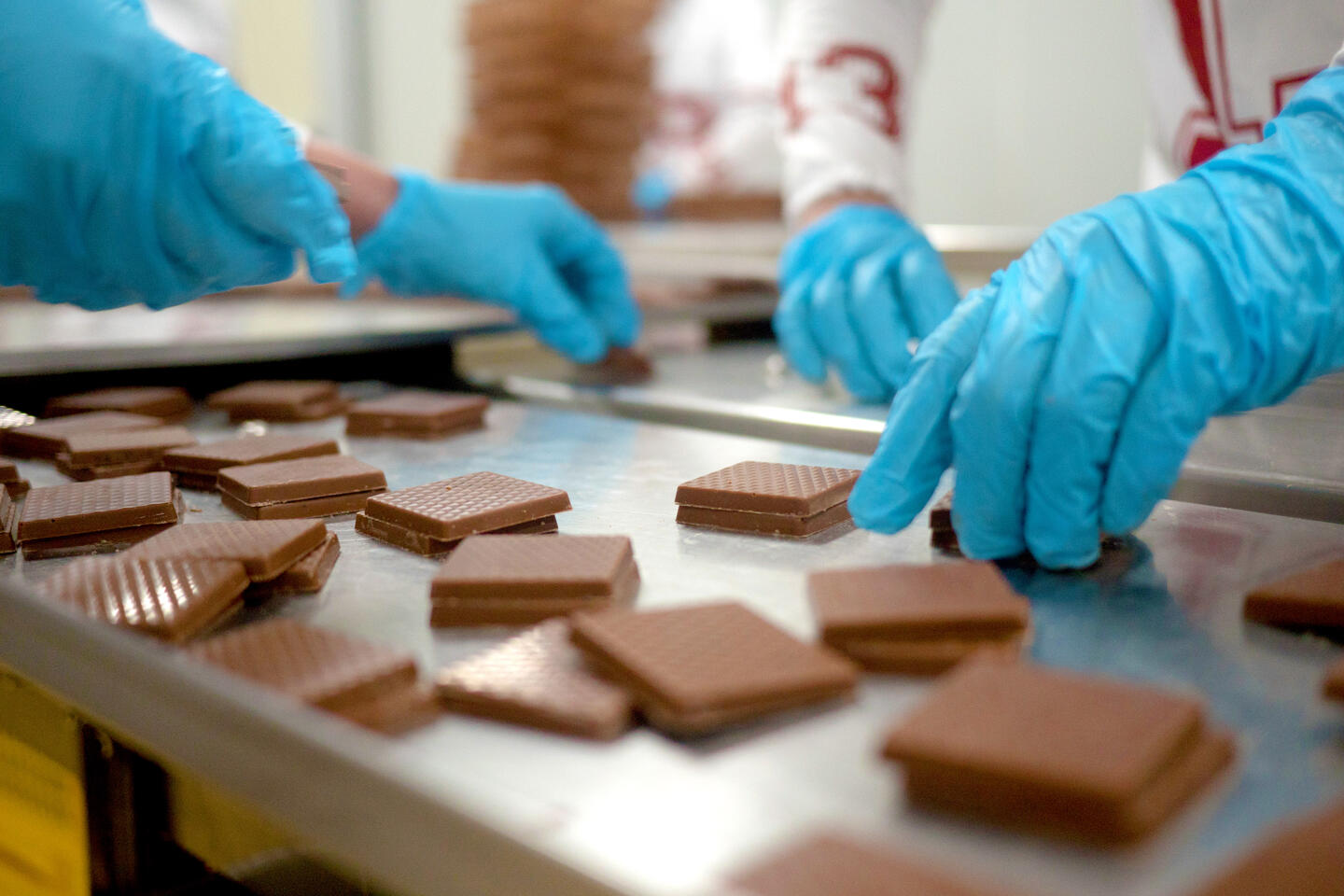
Sales have increased by almost 200% since the COVID-19 pandemic. Auro is directly exporting to more than 15 countries with over 40 European chocolate makers using the company’s fine cacao beans to make Philippine-origin chocolate.
Kelly was delighted to learn that chocolatiers in the EU were using her company’s chocolate products. Being able to export to the EU means that Philippine cacao can compete globally with other well-known chocolate brands.
The EU’s Generalized Scheme of Preferences (GSP+) removes import duties from products coming into the EU market from developing countries, thus, Kelly was able to competitively price her products vis-à-vis other brands.
Kelly is proud of her products being able to stand side-by-side with other internationally known brands, allowing her company to continue to grow business with their EU partners.
Moreover, the increase in sales has benefited Kelly and those who work for her company.
“Thanks to the GSP+ status, we have become part of the international cacao beans market, which led to an increase in our sales. This means there is a growing demand for our partner farming community’s beans, thus generating more income for them, while providing a stable market for their cacao.”
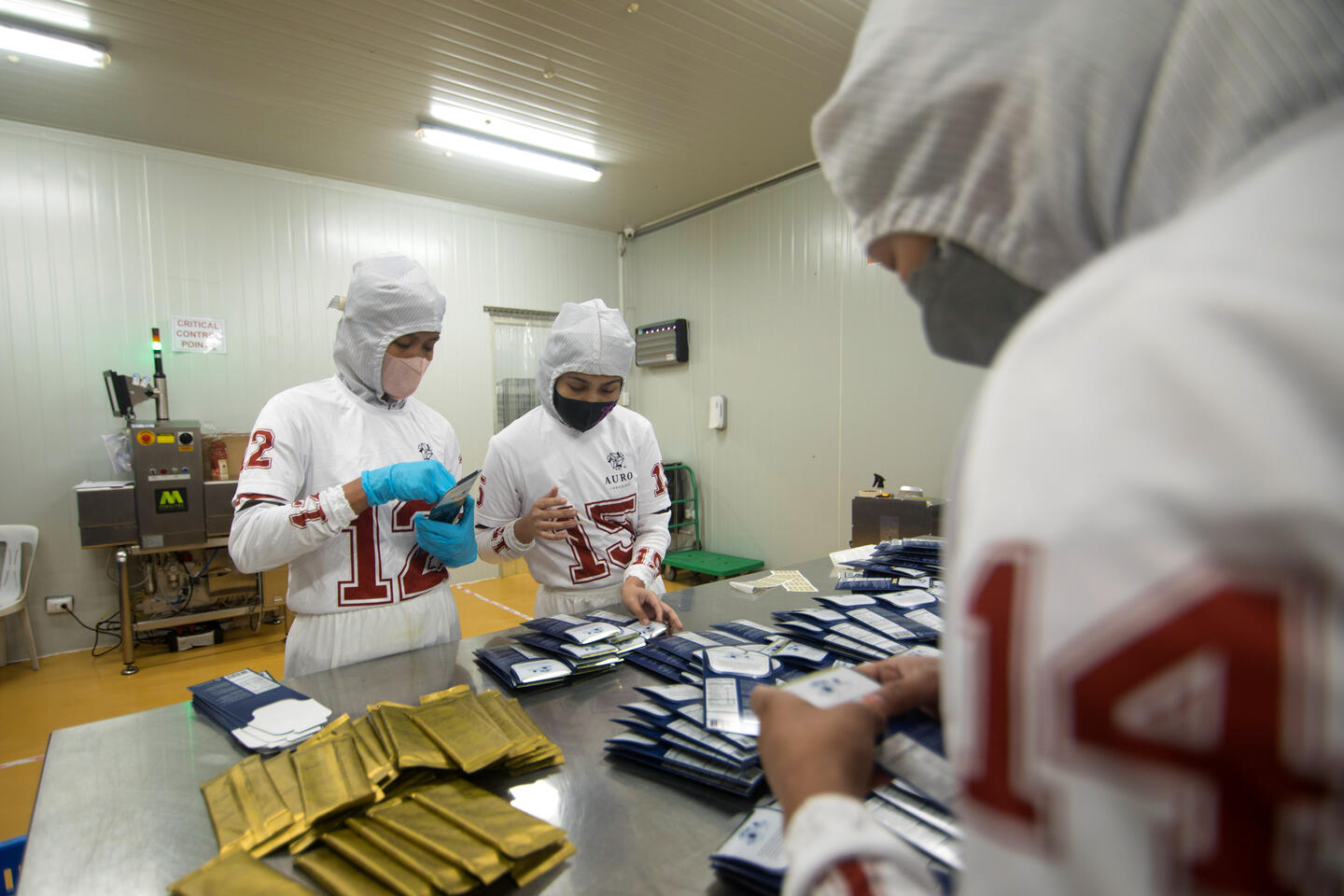
Auro chocolates is ready to set higher standards of achievement under Kelly’s leadership.
“We have exciting plans. On the farm side, we are to launch more community initiatives that are interwoven with our current cacao programme. We are also expanding our sourcing to introduce new, exciting origins of chocolates. Shifting to more environmentally friendly practices and materials across the supply chain is also on the cards.”
She leaves an inspiring message for aspiring exporters from the Philippines:
“Do not feel intimidated when trying to apply for GSP+. DTI is there to assist you throughout the application and help make your brand marketable. It’s also a great opportunity for your products to be introduced and grow in the EU Market.”
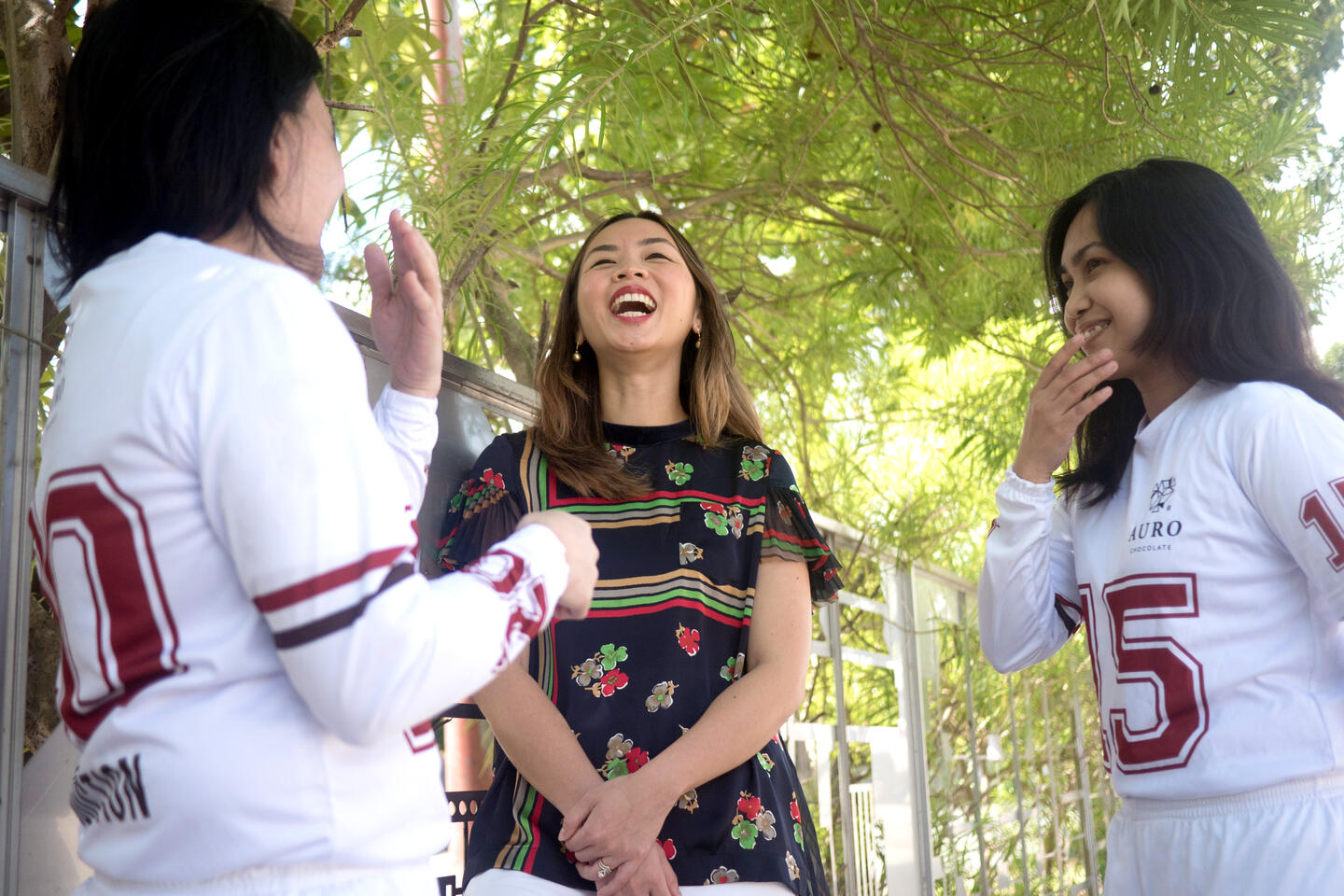
The ARISE Plus Philippines project is enabling Philippine exporters to take advantage of European Union (EU) market access and the trade privileges granted under the Generalized System of Preference (GSP+). It supports the overall EU-Philippines trade relationship and trade-related policies.
ARISE Plus Philippines is a project of the Government of the Philippines, with the Department of Trade and Industry as lead partner together with the Department of Agriculture, Food and Drug Administration, Bureau of Customs, the Department of Science and Technology, as well as the private sector. It is funded by the EU with the International Trade Centre (ITC) as the technical agency for the project.




